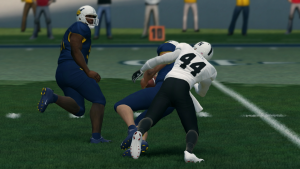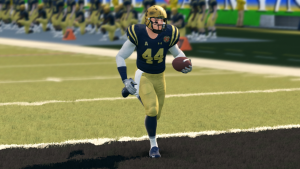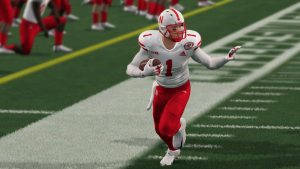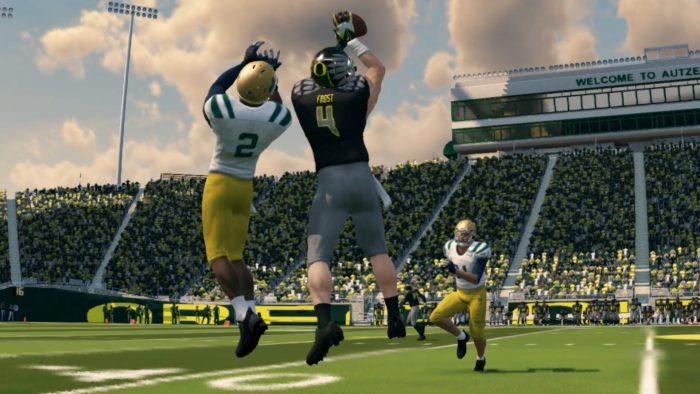Noah Eugene was the kind of football player coaches dreamed about but rarely got. At six feet tall with a wiry frame and explosive speed, he didn’t just play one position—he played every position that mattered. Quarterback? He could sling it sixty yards on a rope. Running back? He’d stiff-arm a linebacker into next week. Cornerback? Don’t even bother throwing his way.
Noah grew up in a small southern town where Friday night lights meant everything. From Pop Warner to high school, his name echoed through the stands. People didn’t just come to watch the game—they came to watch Noah.
During his senior year, injuries rattled his team. The starting quarterback went down. Noah stepped in. The next week, they lost their safety. Noah filled that gap, too. By mid-season, he was playing offense, defense, and special teams—racking up touchdowns, tackles, and punt returns like it was nothing.
Scouts didn’t know how to label him. “Athlete,” they wrote on their notes, underlining it three times. But Noah didn’t care about labels. He just wanted to win—and he did. State title. MVP. A full ride to college.
They called him “Mr. Everywhere.” But to his teammates, he was just Noah—the heartbeat of the team, the guy who made impossible plays look easy and always lifted the locker room when things got tough.
And deep down, Noah Eugene didn’t play multiple positions for the spotlight—he did it because the game asked him to. And when football called, Noah always answered.



